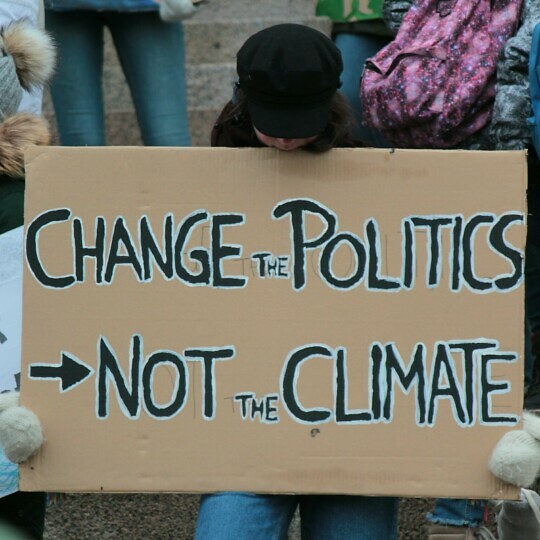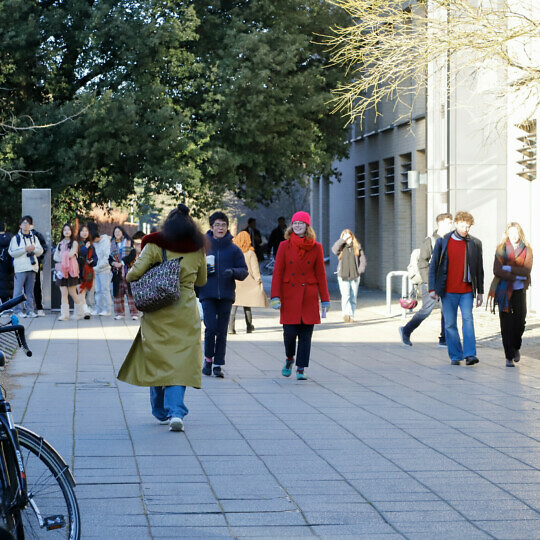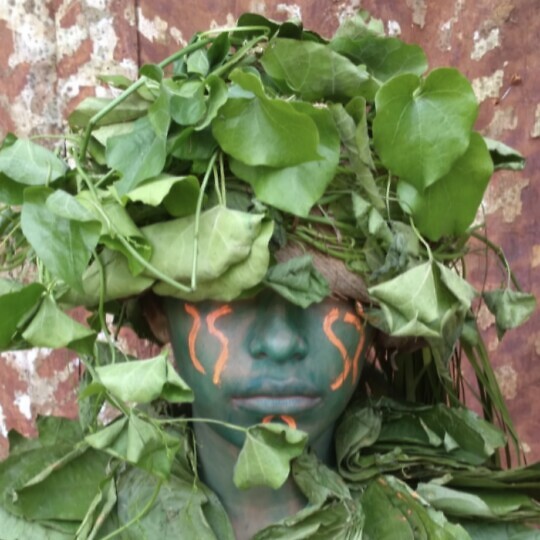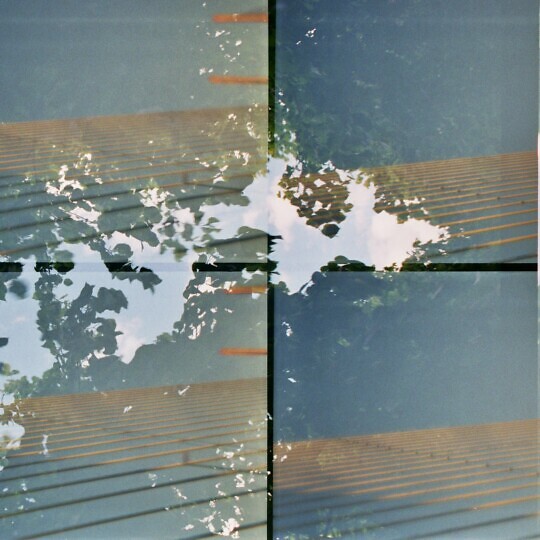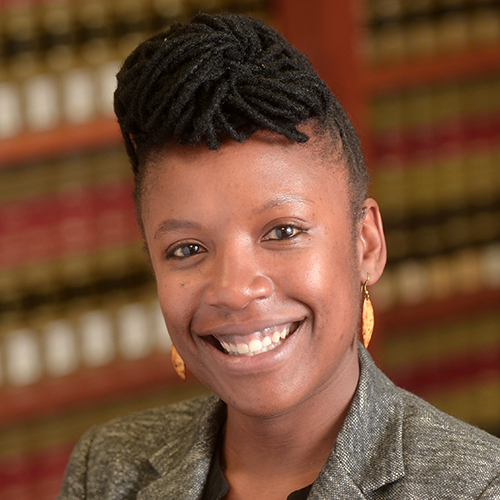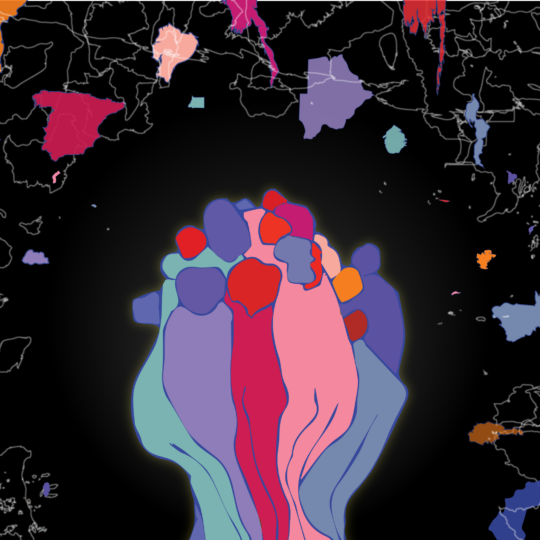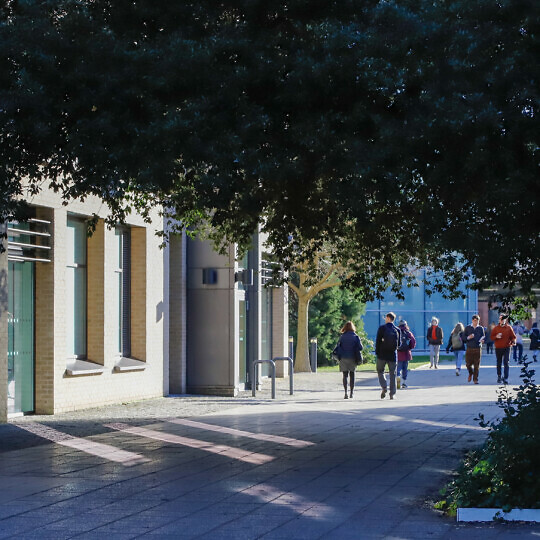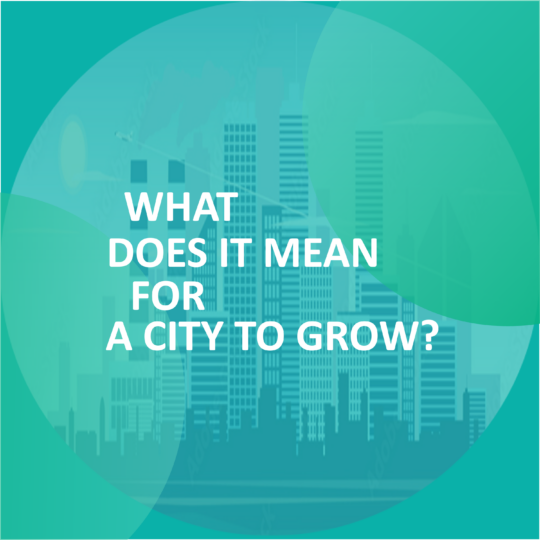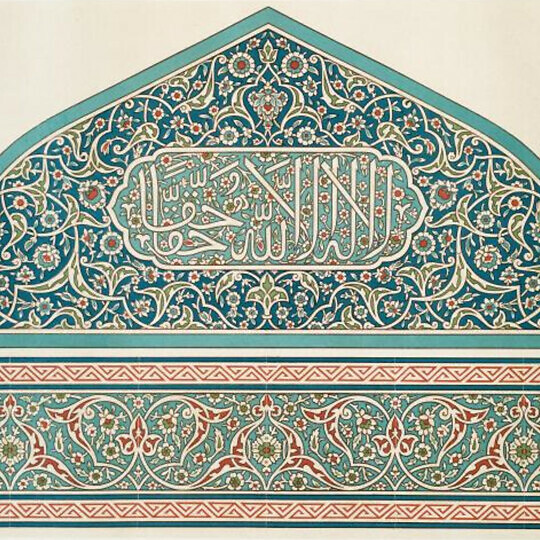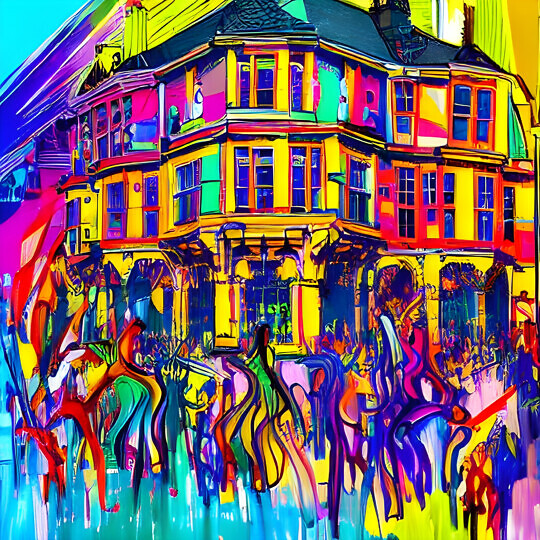| 31 Mar 2017 - 1 Apr 2017 | All day | Alison Richard Building, 7 West Road, Cambridge, CB3 9DT | |
- Description
- Programme
Description
Registration for the conference is closed.
Convenors
Branwyn Poleykett (University of Cambridge)
Karen Jent (University of Cambridge)
Summary
While rooted in sociology, the study of the life course – of lives in their orderly, sequential, stepped unfolding – has always attracted the interest of multiple disciplines across the humanities and the social sciences. The methodological assumption that lives are ‘lived forward’, driven by a propulsive forward-momentum, and unfolding in the linearity of successive steps is increasingly thrown into doubt as a consequence of shifting social and economic relations between the generations, technoscientific innovations and the extensive biomedicalisation of the body.
This conference will explore the diverse ways in which technoscientific innovations in epigenetics, bio-banking and regenerative medicine challenge and redefine traditional life course models. New economic, ecological and technological challenges extend the horizon of bioethical choice beyond individual lifetimes, while epigenetic studies of heritability reach back into our own lived biographies and beyond to those of our distant kin. The past, present and the future meet and mingle in individual bodies, capacities and stories, and scientific accounts of ‘slowing down’ ‘banking’ ‘buying’ and ‘reversing’ biological time create new desires, often at the expense of political solutions to poor health and intergenerational justice.
Six sessions reflect the main theme of biocircularities at this interdisciplinary meeting:
- Endangerment and Ethics in Species Conservation
- Vital Science and Scientific Lives
- Forecasting and Biopolitics in Epigenetics
- Induction and Engagement in Regenerative Medicine (with a short film screening)
- Writing Lives in Health and Illness
- Banking Tissues and Buying Time
The conference's keynote lecture will be given by Professor Ayo Wahlberg (Department of Anthropology, University of Copenhagen) on 'Exposed biologies and the reproduction problem'.
Sponsors


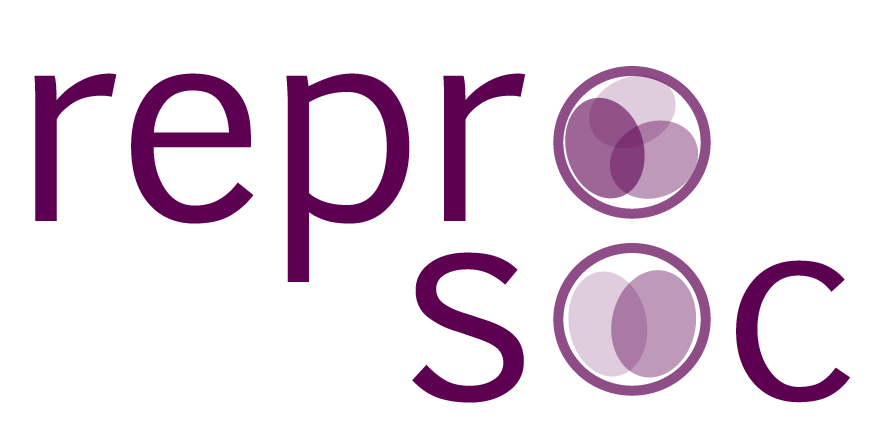

Supported by the Centre for Research in the Arts, Social Sciences and Humanities (CRASSH), the Institute of Medical Ethics (IME), the University of Cambridge's Reproductive Sociology Research Group, and the Wellcome Trust.
Administrative assistance: events@crassh.cam.ac.uk
'Hula Hoops in the Dark' is licensed under the following Creative Commons license: CC BY-NC-SA 2.0. No changes have been made to the image.
Programme
| Day 1 - Friday 31 March | |
| 9.00 - 9.30 | Registration |
| 9.30 - 9.45 | Welcome and Introduction |
| 9.45 - 11.15 | Panel 1: Endangerment and Ethics in Species Conservation Chair: Marcin Smietana (University of Cambridge)
Carrie Friese (London School of Economics) Bodily quantities in biocirculations: Re-envisioning the role of numbers in the biopolitics of endangerment and the ethics of cryopreservation
Katie Dow (University of Cambridge) ‘Resistance is Fertile’: The Necropolitics of Agribusiness Versus the ‘Quiet Activism’ of Seed Swapping |
| 11.15 - 11.45 | Break |
| 11.45 - 13.15 | Panel 2: Vital Sciences and Scientific Lives Chair: Maryon McDonald (University of Cambridge)
Branwyn Poleykett (University of Cambridge) Debility, renewal, and the commodification of the lifecourse in Tanzanian scientific lives
Des Fitzgerald (University of Cardiff) What was sociology? |
| 13.15 - 14.30 | Lunch |
| 14.30 - 16.00 | Panel 3: Forecasting and Biopolitics in Epigenetics Chair: Nick Hopwood (University of Cambridge)
Martine Lappé (Columbia University) Constructing Early-Life in the Lab: Maternal Care, Adversity, and the Politics of Epigenetic Knowledge
Sahra Gibbon (University College London) Entangled Returns; embodied risk, public health and the bio-politics of cancer epigenetics in Brazil |
| 16.00 - 17.00 | Break |
| 17.00 - 18.30 | Keynote Chair: Mwenza Blell (University of Cambridge)
Ayo Wahlberg (University of Copenhagen) Exposed biologies and the reproduction problem |
| Day 2 - Saturday 1 April | |
| 9.00 - 10.30 | Panel 4: Induction and Engagement in Regenerative Medicine Chair: Loreta Gandolfi (University of Cambridge)
Karen Jent (University of Cambridge) Biocircular Firefighters: Haematopoietic Stem Cell Transplantation After 9/11
Screening of Dish Life (2016)
Chloe Thomas (Director and Filmmaker) & Loriana Vitillo (Stem Cell Scientist and Science Communicator) Making Dish Life: Film and Stem Cell Public Engagement |
| 10.30 - 11.00 | Break |
| 11.00 - 12.30 | Panel 5: Writing Lives in Health and Illness Chair: Jenny Bangham (University of Cambridge)
Yasmin Gunaratnam (Goldsmiths, University of London) Death becomes you – neurological migrations and ghosts at the end of life
Laura Salisbury (Exeter University) The Waiting Place |
| 12.30 - 13.30 | Lunch |
| 13.30 - 15.00 | Panel 6: Banking Tissues and Buying Time Chair: Ayo Wahlberg (University of Copenhagen)
Noémie Merleau-Ponty (University of Cambridge) I6 Passages: On the Circulation of a Human Embryonic Stem Cell Line from Israel to France
Lucy van de Wiel (University of Cambridge) On Peaks and Posts: Fertility on the Edge of Time |
| 15.00 - 16.00 | Closing Discussion Discussant: Sarah Franklin (University of Cambridge) |

